RU-VTC continues to partner with NJTPA on the Vibrant Communities Initiative, offering targeted support to North Jersey municipalities, counties, and community groups through technical assistance, placemaking projects, resources, and workshops.
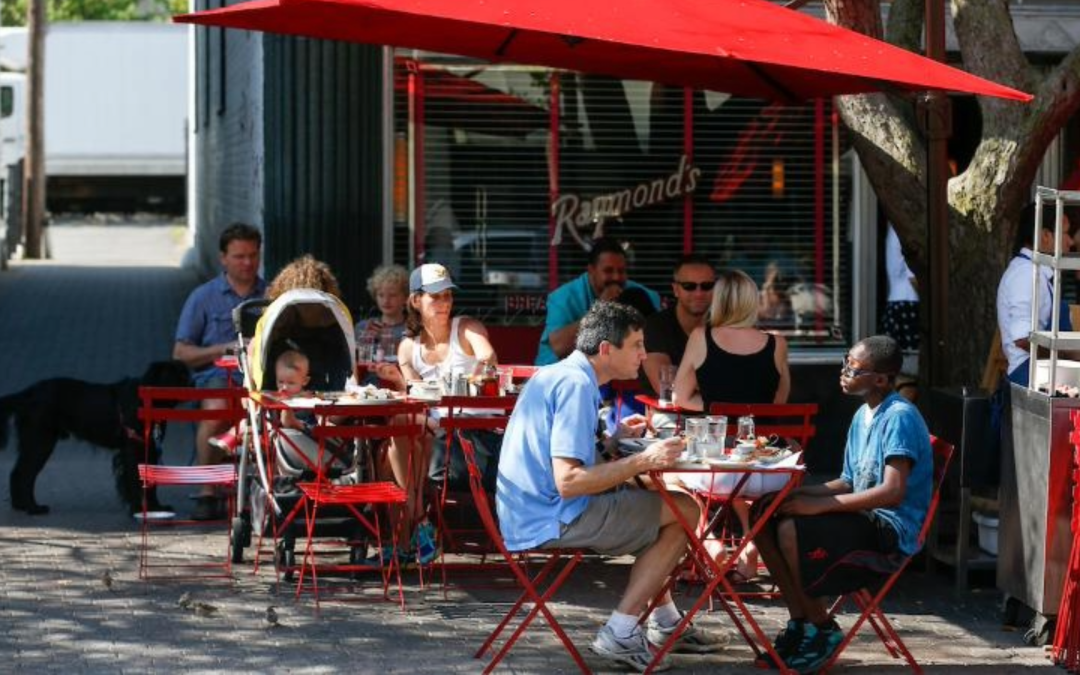

RU-VTC continues to partner with NJTPA on the Vibrant Communities Initiative, offering targeted support to North Jersey municipalities, counties, and community groups through technical assistance, placemaking projects, resources, and workshops.
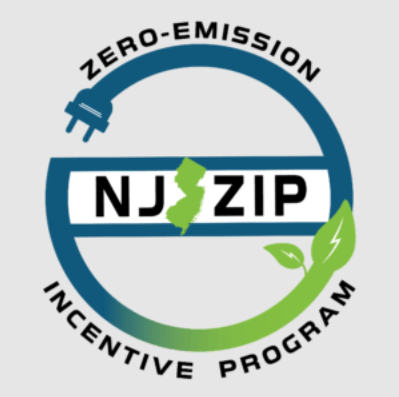
The NJ ZIP pilot program is a first-come, first-serve voucher program designed to incentivize the adoption of zero-emission medium- and heavy-duty vehicles (ZE MHDVs) by New Jersey businesses and institutions, especially those operating within overburdened communities.
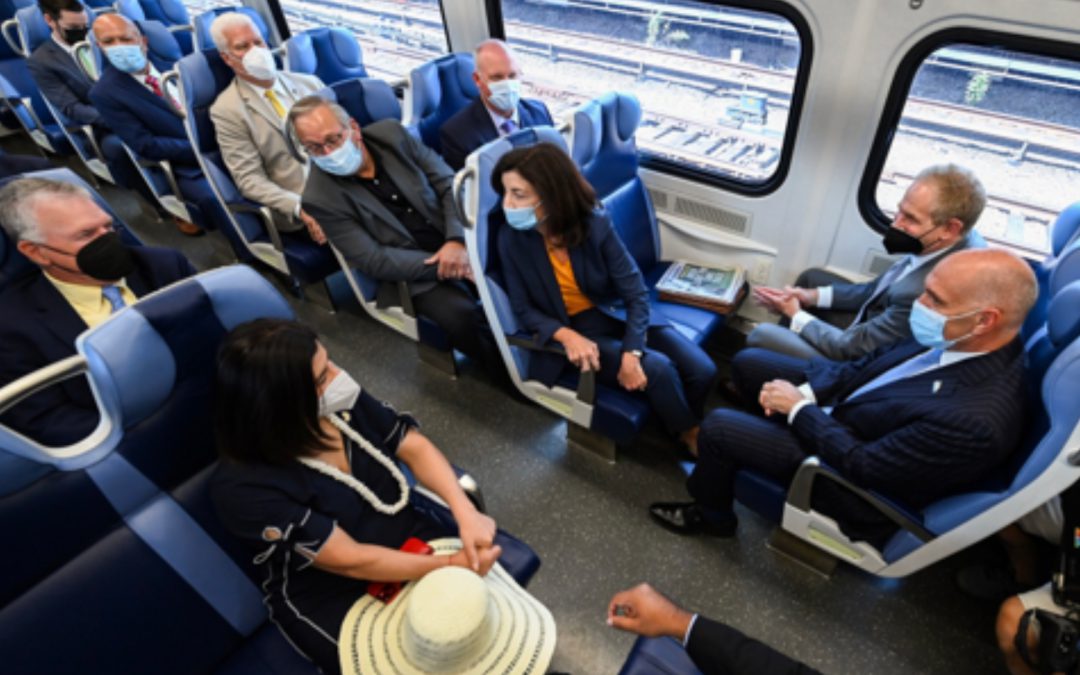
The purpose of the workshops is to provide planning assistance to local municipalities and to develop recommendations for local improvements consistent with the goals of Moving Forward.
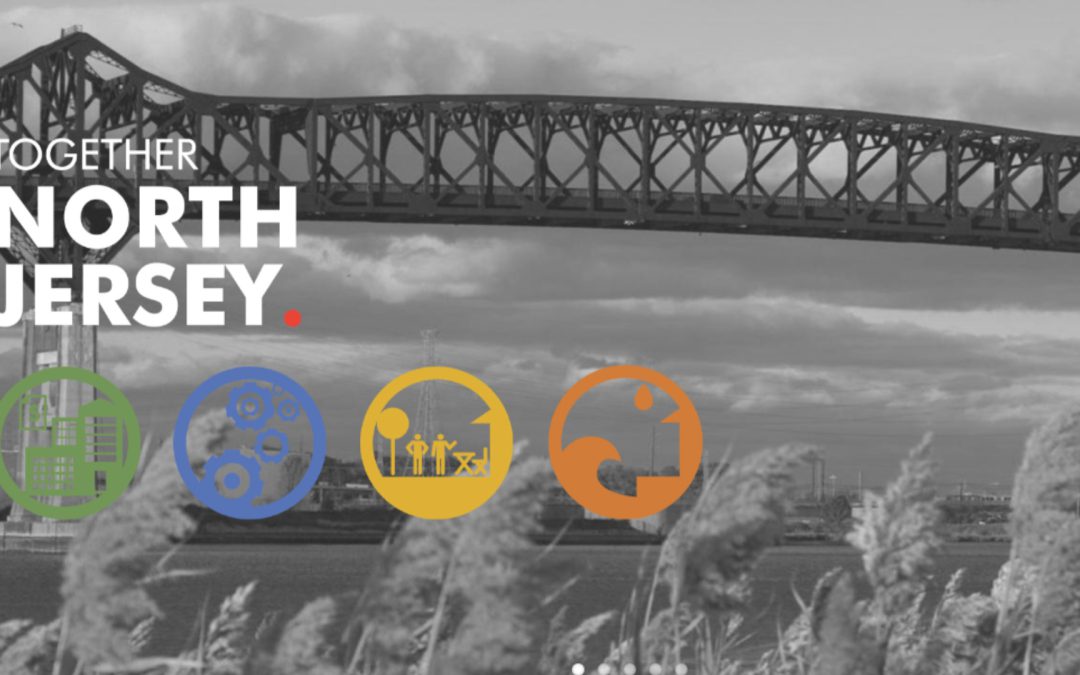
RU-VTC partnered with NJTPA to promote implementation of the Together North Jersey plan with technical activities focused on topics related to economic competitiveness, livability, resiliency, and efficiency.
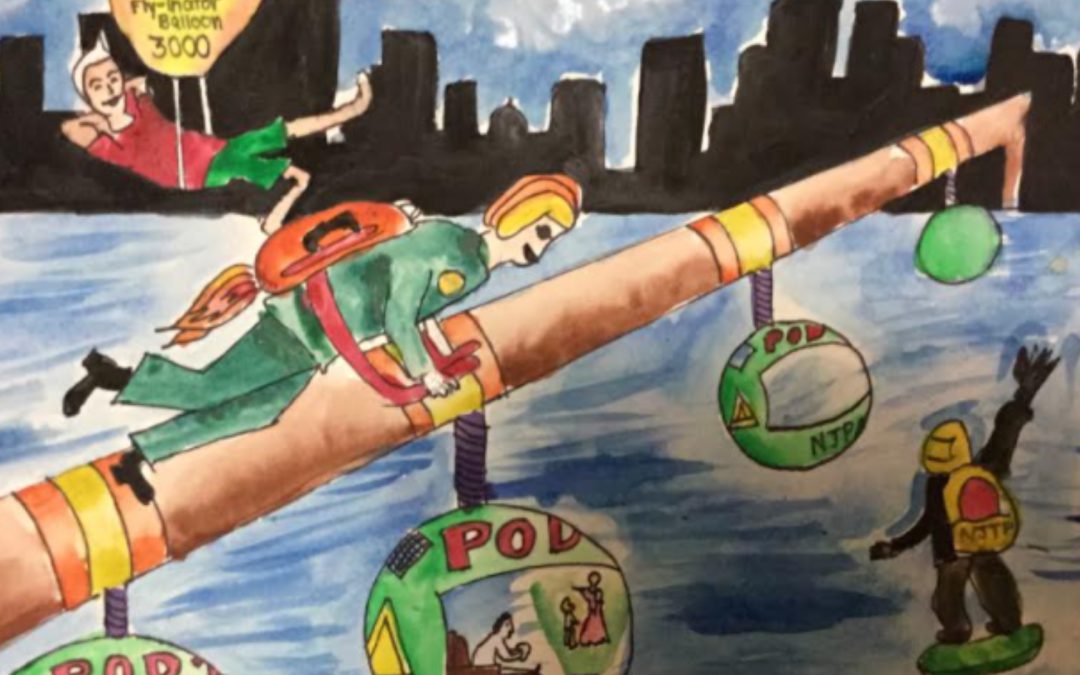
Rutgers-POET is continuing to work with North Jersey’s metropolitan planning organization to research, evaluate and deploy creative approaches to public involvement. Examples: Pop-up radio studio, Set the Table!, UpNext North Jersey.

The research approach blends desktop research with quantitative and qualitative research tasks, including surveys, interviews, and focus groups designed to identify best practices for VPI in varied planning and project development contexts.
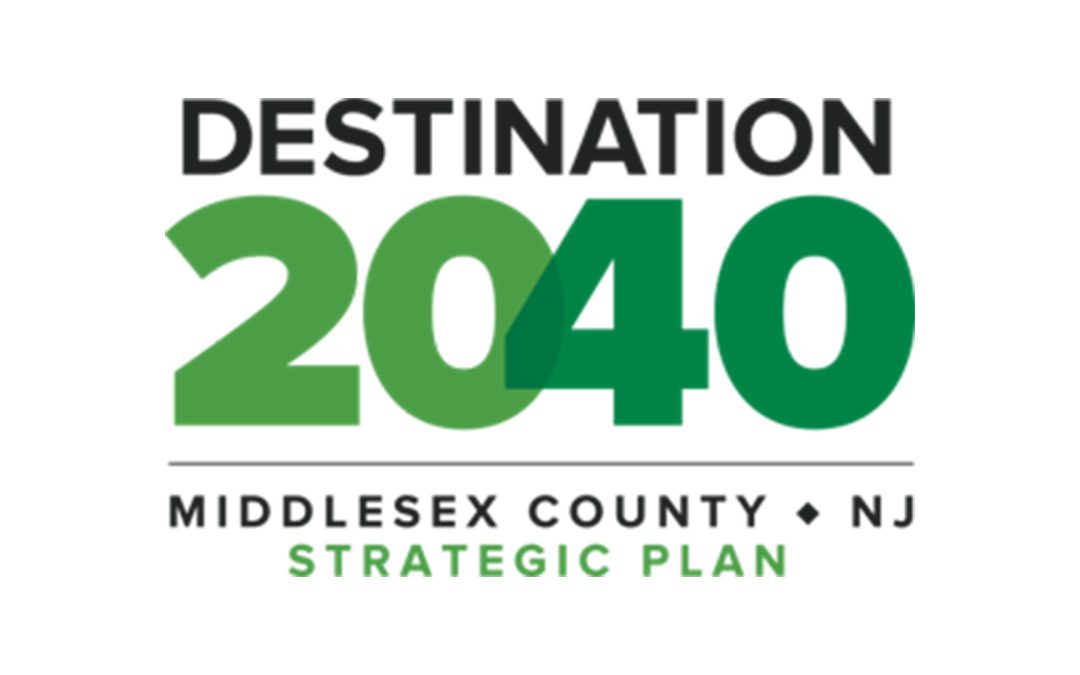
The Destination 2040 planning process is designed to create a future-oriented master plan that is adaptive to changing circumstances and new opportunities.
Induced travel elasticities associated with new road capacity are typically estimated for roads of higher functional classifications, such as interstate freeways and principal arterials. These are estimated as “own” elasticities, that is an increase in lane kilometers...
There is a growing perception that e-scooters are more dangerous than bicycles and e-bikes, with towns implementing measures to ban their usage. Yet, there is not much evidence from large scale surveys to substantiate this claim. Nearly 14,000 micromobility injuries...
We compare charging station accessibility for different income groups in the San Francisco Bay Area. Using a microsimulation model, we estimate charging station accessibility under varying battery range scenarios, assuming different income groups have vehicles with...
The New Jersey Micromobility Guide serves as a resource for micromobility users across the state, collecting and summarizing the laws and safety best practices that can make riders safer. Micromobility, which includes e-bikes, e-scooters, and other low-speed devices,...